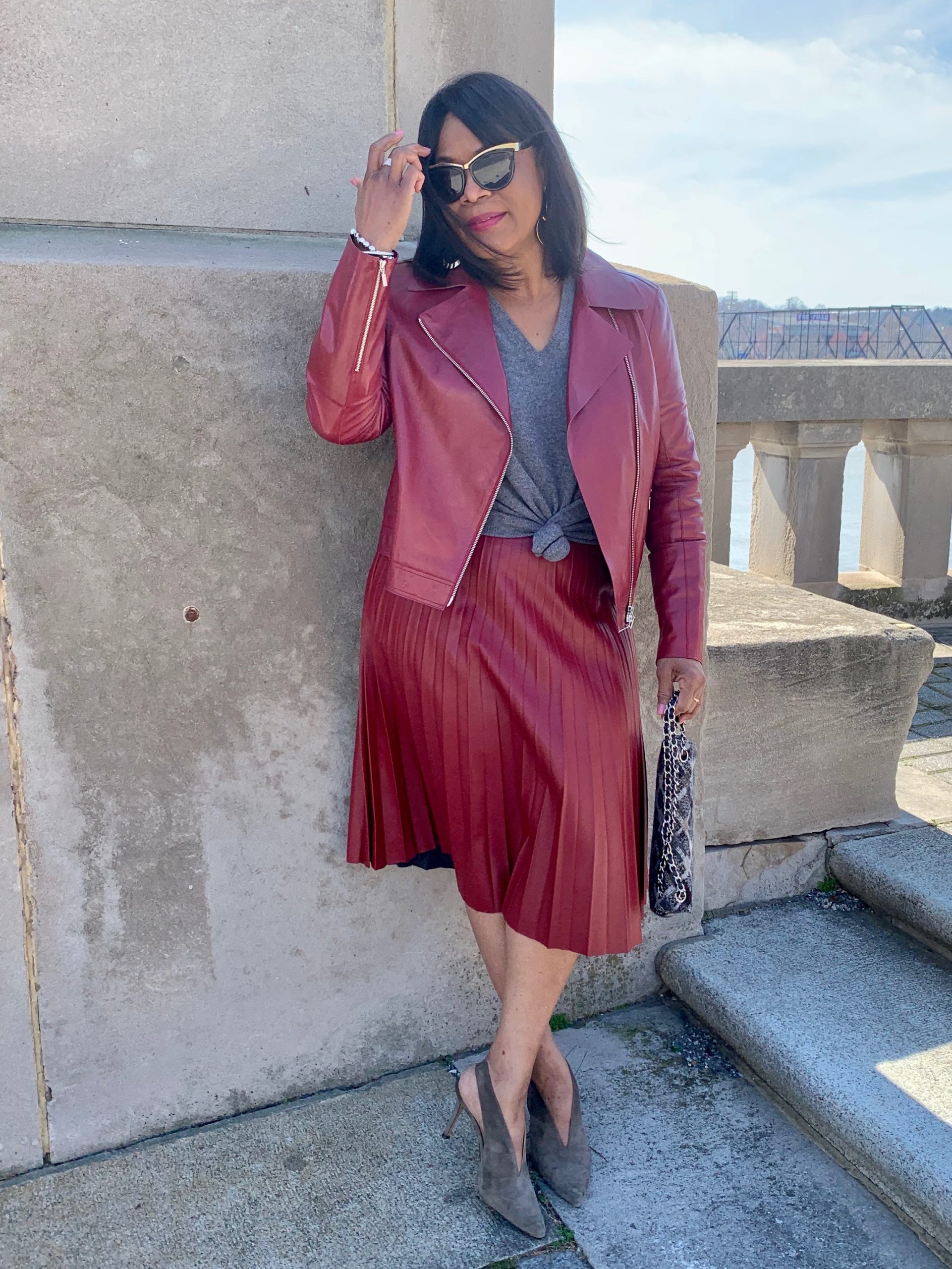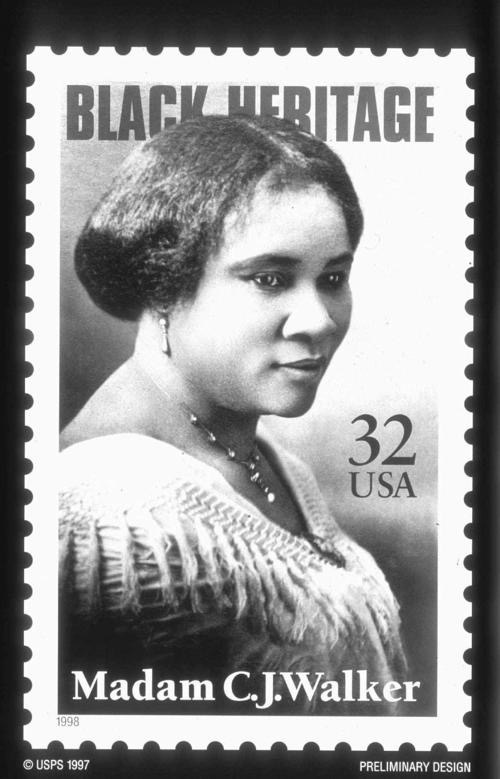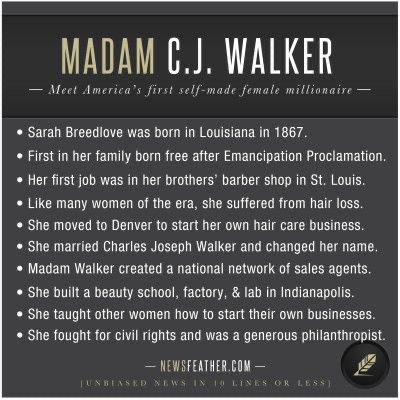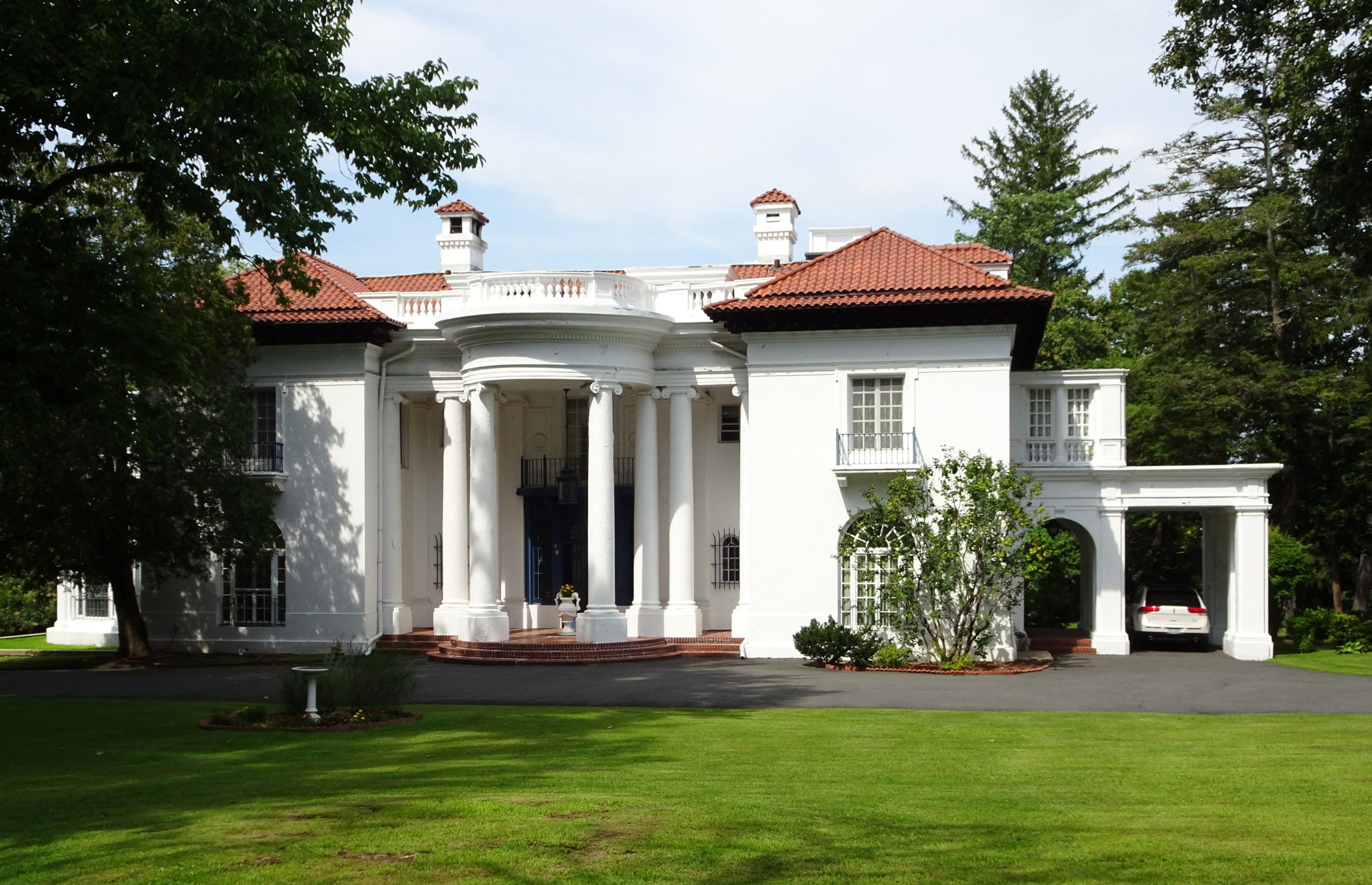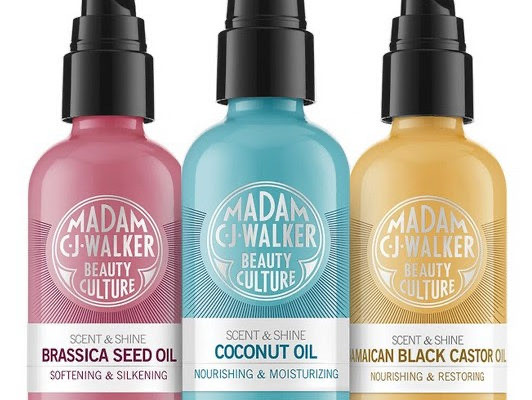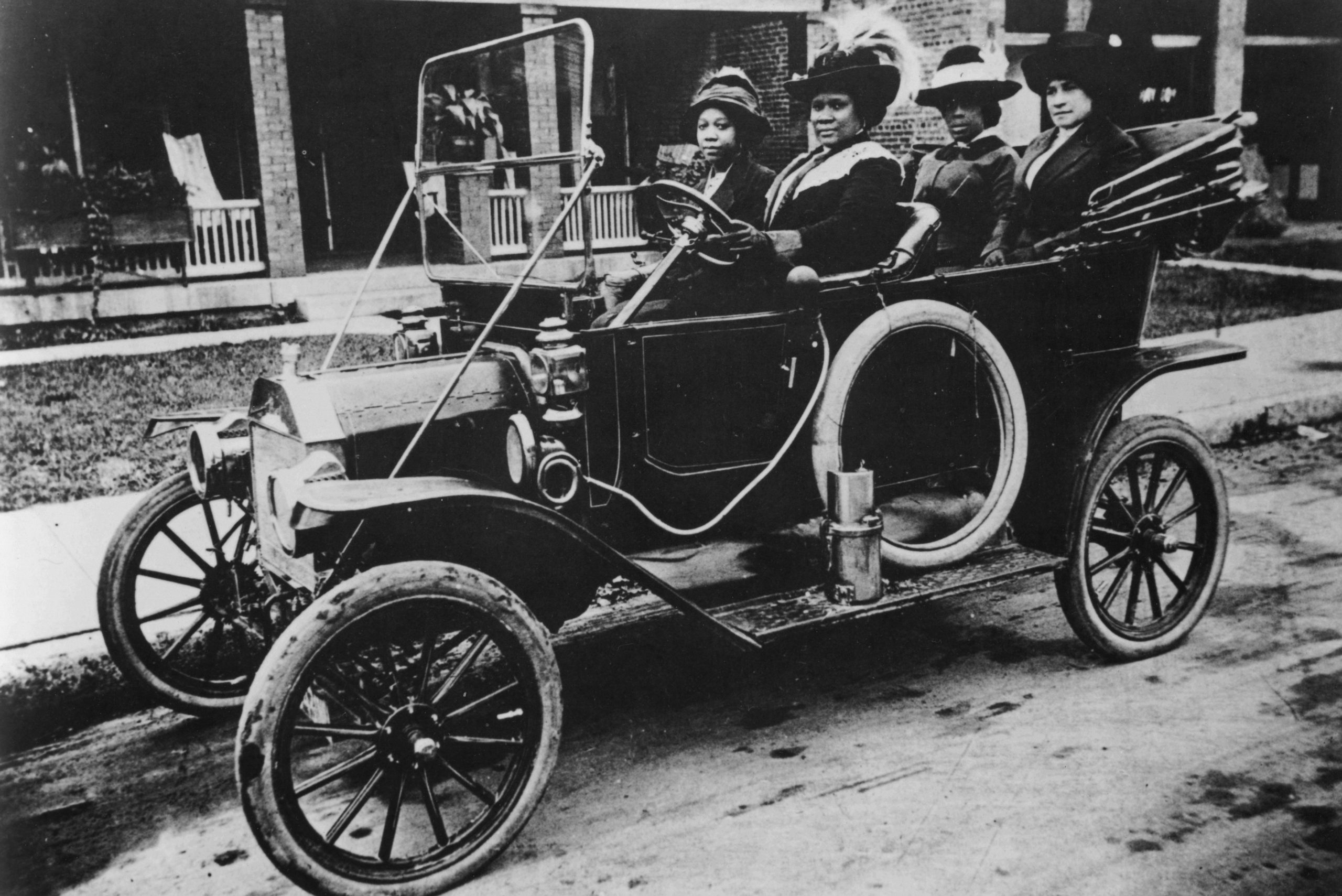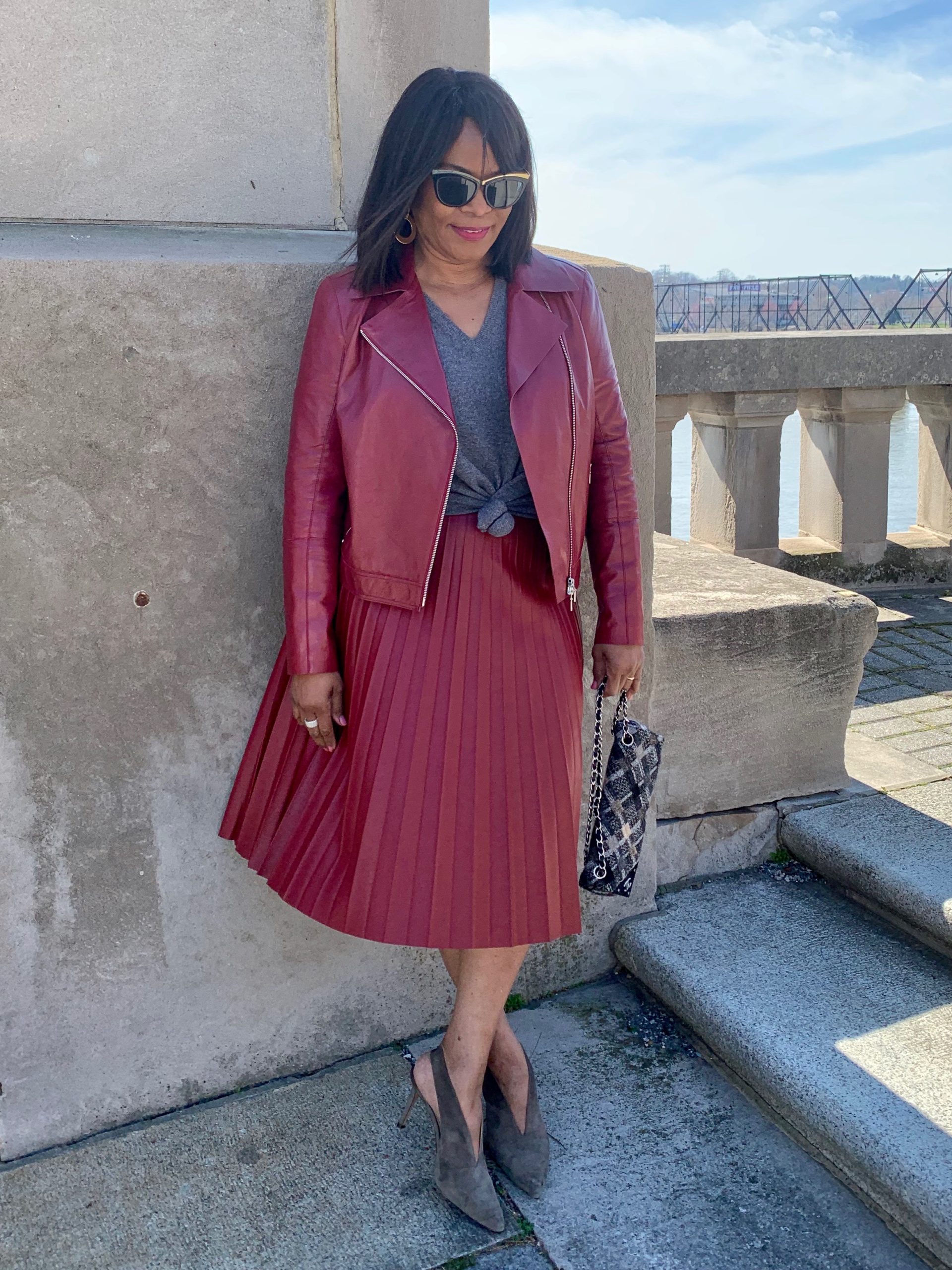
I don’t need a guide to stay at home during the Coronavirus pandemic. I’m doing my part to help flatten the curve. How? By limiting non-essential social gatherings and outings. Instead, I’ve ventured out only for long walks in my neighborhood, revisited homemade soup recipes, and finally enjoyed some streaming services: the best binge, Netflix’s new series on Madame C. J. Walker.

The Netflix mini-series titled Self-Made: Inspired by the Life of Madame Walker – the portrayal focuses on Walker’s trailblazing experiences starting in the early 1900s and ending at her upstate New York mansion.
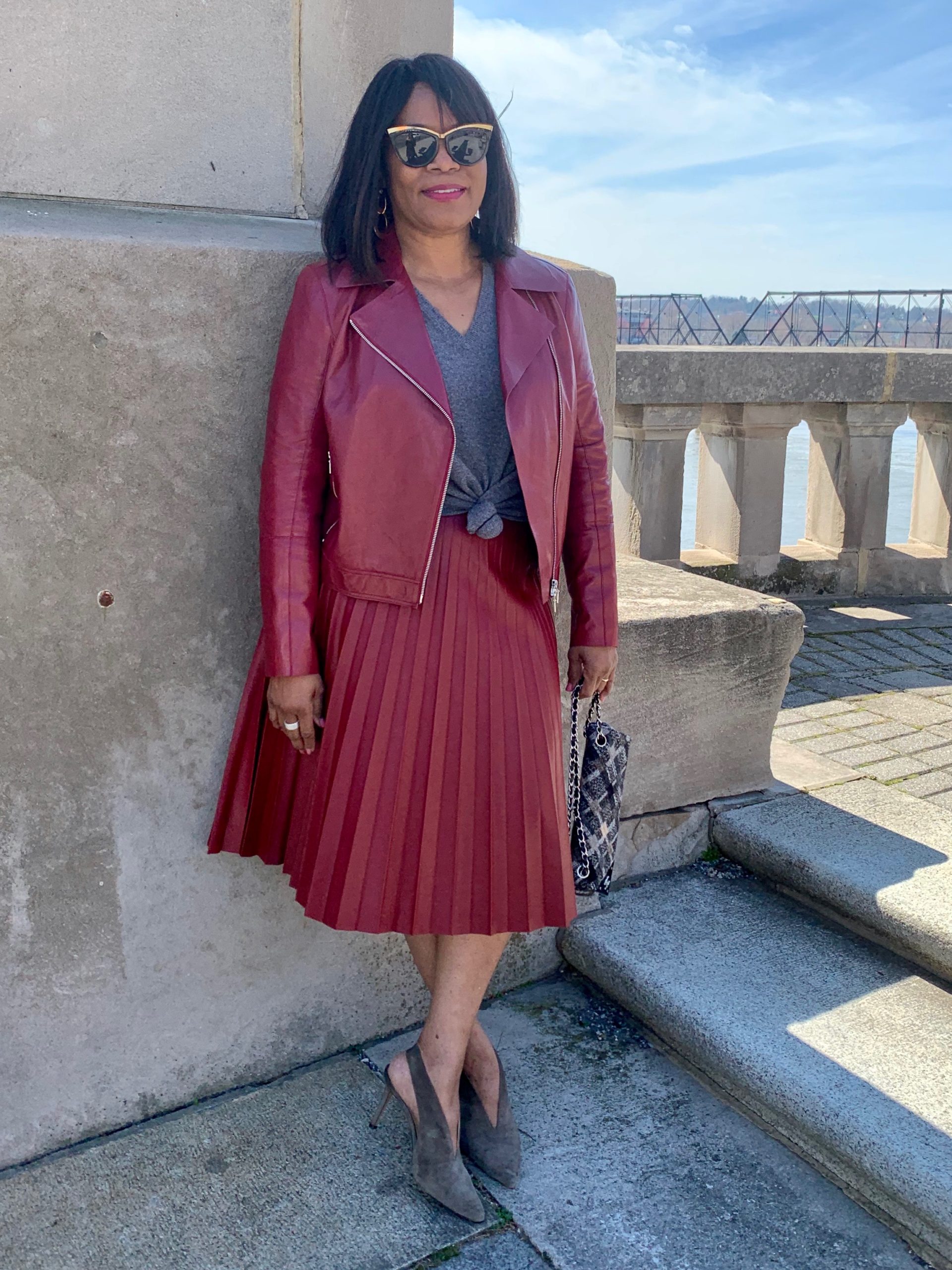
Every Black girl knows Madame C. J. Walker as one of the first African American millionaires. The Netflix four-part limited series scratches the surface of the entrepreneur’s resilience and innovation in developing her “Madame C. J. Walker’s Wonderful Hair Grower.”

The film does delve into the colorism still plaguing the African American community, the question of whether Madame C.J. Walker was the first African American millionaire, and what happened to Annie Malone.
My concern is: When productions portray real people, is it necessary for dramatization? Or should the inconsistencies inspire us to research the truth?
We will get to know Madame, but who was Annie Turnbo Malone (1869-1957), born in Illinois with a background in Chemistry from Poro College? Poro College, the first beauty culture school, was founded by Annie and dedicated to studying and teaching black cosmetology. At Poro College, Annie discovered and developed a revolutionary straightening solution called The Great Wonderful Hair Grower.
Annie Malone was Sarah’s role model. After using the solution to help her hair grow, Sarah became a local Poro agent selling Malone’s beauty products. Malone believed that if African American women improved their physical appearance, they would gain greater self-respect and achieve success in other areas of their lives.
In 1905, Sarah (1867- 1919) Breedlove stepped out of the shadows of Malone by relocating to Denver, where African Americans migrated to after Reconstruction for jobs. In Denver, Sarah met and married her third husband, advertising man Charles J. Walker; she changed her name to Madame C. J. Walker. The title, Madame, was adopted by women pioneers of the French beauty industry.
Perhaps Walker’s brand catapulted her to being perceived as the first African American millionaire. The PBS website states, “Of course, would-be entrepreneurs start with a dream. The reason we’re still talking about Walker is her presence and her success in the span of just a dozen years.
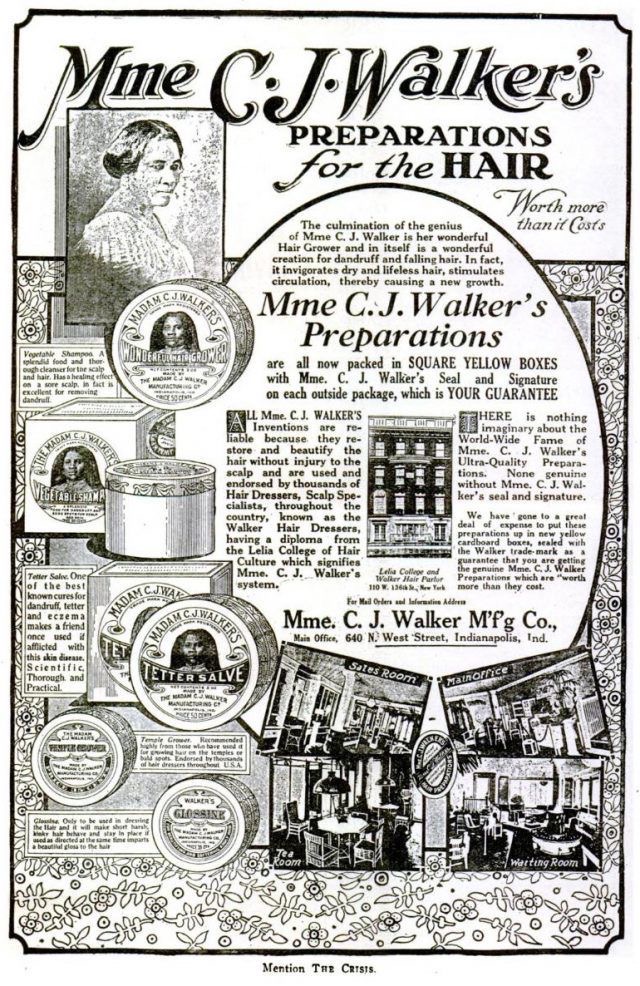 In pumping her “Wonderful Hair Grower” door-to-door, at churches and club gatherings, and then through a mail-order catalog, Walker proved to be a marketing magician. She sold her customers more than mere hair products. Madame offered them a lifestyle, a concept of total hygiene and beauty that would bolster them with produce for advancement.”
In pumping her “Wonderful Hair Grower” door-to-door, at churches and club gatherings, and then through a mail-order catalog, Walker proved to be a marketing magician. She sold her customers more than mere hair products. Madame offered them a lifestyle, a concept of total hygiene and beauty that would bolster them with produce for advancement.”
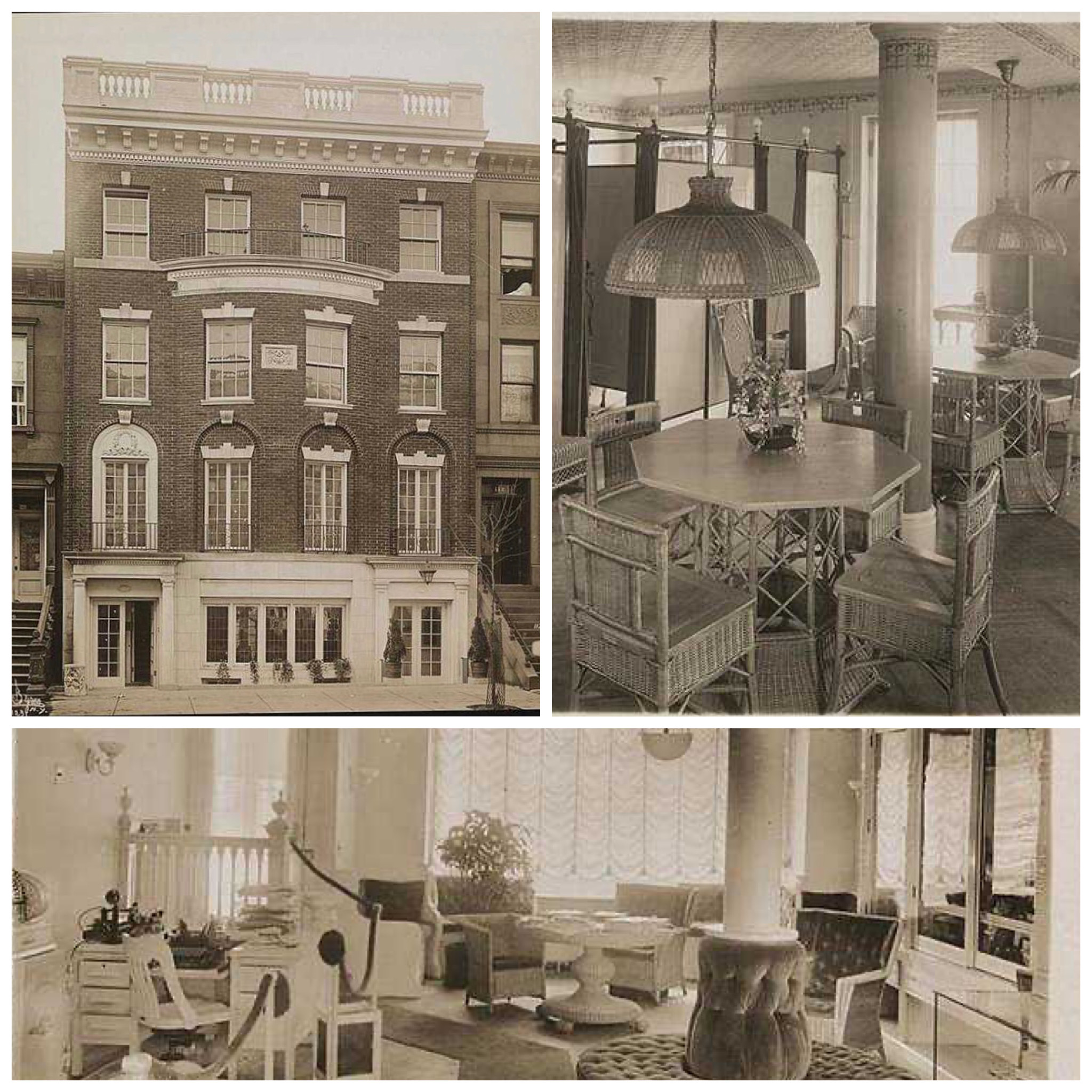
The expansion of Madame C. J. Walker into New York City during the Harlem Renaissance in 1913 is worth noting. By this time, Madame had divorced her third husband, and she founded her beauty culture school. To celebrate her success, the hair tycoon built a 34-room Italianate mansion, Villa Lewaro, in Irvington, New York. The home built next to John D. Rockefeller’s cost $250,000 in 1918.
Madame died in 1919 at the age of 51 from kidney failure and complications of hypertension. Walker was inducted into the National Women’s Hall of Fame in Seneca Falls, New York. In 1998, the U.S. Postal System issued a Madam Walker commemorative stamp as part of its Black Heritage Series.
On March 4, 2016, Sundial Brands, a skincare and haircare company, launched a collaboration with Sephora in honor of Walker’s legacy. The launch, titled “Madame C.J. Walker Beauty Culture,” comprised four collections focused on using natural ingredients to care for different hair types.
You got more than you bargained for in this post. I took advantage of delving deeper into the Netflix series on Madame C. J. Walker to ensure I knew the truth about her pioneering start in the beauty industry. As well as celebrate the Madame’s accomplishments for Women’s History Month.
As always, thank you for reading. Stay safe, and have a fabulous week.


